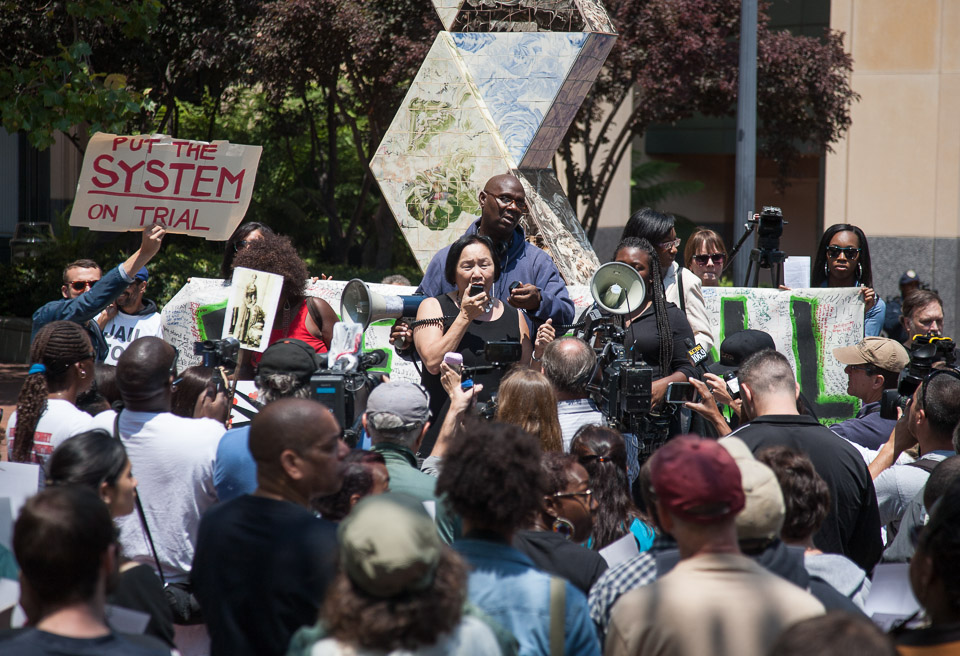
In PP v Yuvaraj, the Privy Council held that:

The requirement for proof beyond a reasonable doubt has been read into the EA provisions by the courts. 4 See also Jeffrey Pinsler SC, Evidence and the Litigation Process 7 th Ed. No distinction is made between the standard of proof in civil and criminal proceedings. The EA, however, does not mention this standard at all: the only definitions of proof are found in sections 3(3) – 3(5) as quoted above. As trite a principle as this is, it is sometimes necessary to restate that every accused person is innocent until proved guilty. The presumption of innocence is the cornerstone of the criminal justice system and the bedrock of the law of evidence. The burden of proof in criminal cases is upon the prosecution to prove every element of every charge beyond a reasonable doubt. Burden and Standard of Proof in Criminal Cases This is an extremely important distinction to accused persons, who need the emotional reassurance and the social credit that comes with being vindicated by an impartial third party. The most that may be said is that the courts did not find him guilty. Where the charges have simply not be proved, it is not necessarily the case that the accused can claim to have been vindicated by the courts. Where the charges have been disproved, the accused can rightfully feel vindicated and has a strong basis to assert his innocence. These definitions are extremely important for understanding criminal cases.

(5) A fact is said to be “not proved” when it is neither proved nor disproved. Third, and crucially, the EA has a residual category of facts “not proved”, defined under section 3(5):

(4) A fact is said to be “disproved” when, after considering the matters before it, the court either believes that it does not exist or considers its non-existence so probable that a prudent man ought, under the circumstances of the particular case, to act upon the supposition that it does not exist Second, under section 3(4), the EA defines the definition of “disproved”: (3) A fact is said to be “proved” when, after considering the matters before it, the court either believes it to exist or considers its existence so probable that a prudent man ought, under the circumstances of the particular case, to act upon the supposition that it exists. The Evidence Act (Rev Ed) ( EA) contains three key definitions of the concept of “proof”.įirst, under section 3(3), the EA defines the term “proved”: Only that where it is possible to do so, the courts may wish to positively vindicate an accused person by declaring that the allegations have been “disproved”.Ī clear distinct between cases “not proved” and those “disproved” may help with public education and boost confidence in the administration of justice.

This is not to say that the courts should switch their function to making findings on innocence the analysis would still be about whether reasonable doubt has been cast. The ambiguity inherent in the term “acquittal” could be reduced if courts were to adopt the terminology of the Evidence Act and state in their judgements, in addition to the outcome of acquittal, whether the charges were simply “not proved” or “disproved”. It simply means that the charges against the accused were not proved beyond reasonable doubt: either that it is doubtful whether the accused is guilty or that the allegations have been positively disproved. This is a serious misconception and needs to be addressed by the legal profession so that confidence in the administration of justice may be maintained.Īn acquittal does not necessarily mean that the accused is innocent. Many members of the public seem to believe that an acquittal is equivalent to a declaration of innocence, hence the erroneous impression that a criminal judgement is a zero-sum game: if the accused is innocent, then the complainant must be telling a lie. 2 Attorney-General’s Chambers website (Last accessed 4 October 2021) In both cases, there was public outcry and expectation that the unreliable witnesses would themselves be charged: in Parti Liyani’s case, one witness, Carl Liew, was indeed charged, 1 Shaffiq Alkhatib, “Karl Liew, son of ex-CAG chairman, charged with giving false information and evidence in Parti Liyani case”, The Straits Times (5 November 2020) at (Last accessed 4 October 2021) but in Dr Yeo’s case, the prosecution has said that it will not be taking any action against the complainant. In both cases, the prosecution failed to make out the charges due to unreliable witnesses. The recent cases of Parti Liyani v PP SGHC 187 and PP v Yeo Sow Nam (unreported) have thrown the spotlight starkly on what it means to be acquitted.


 0 kommentar(er)
0 kommentar(er)
